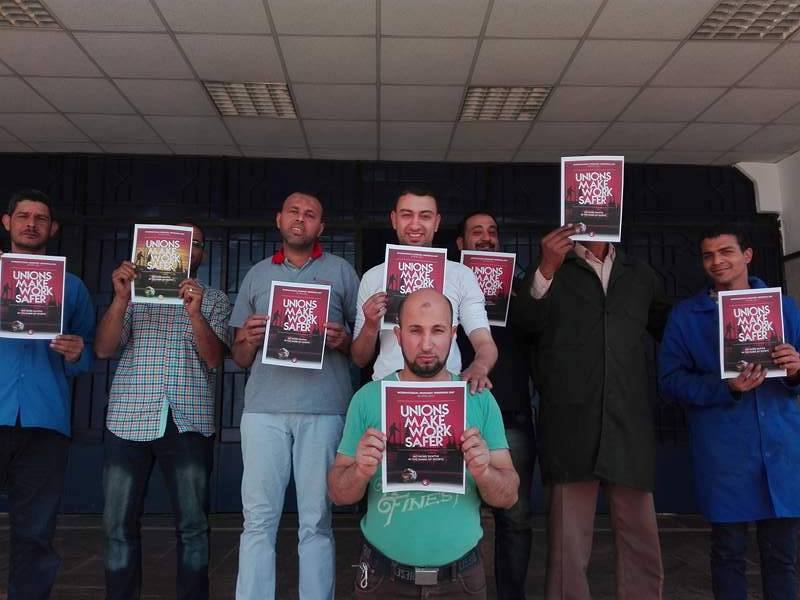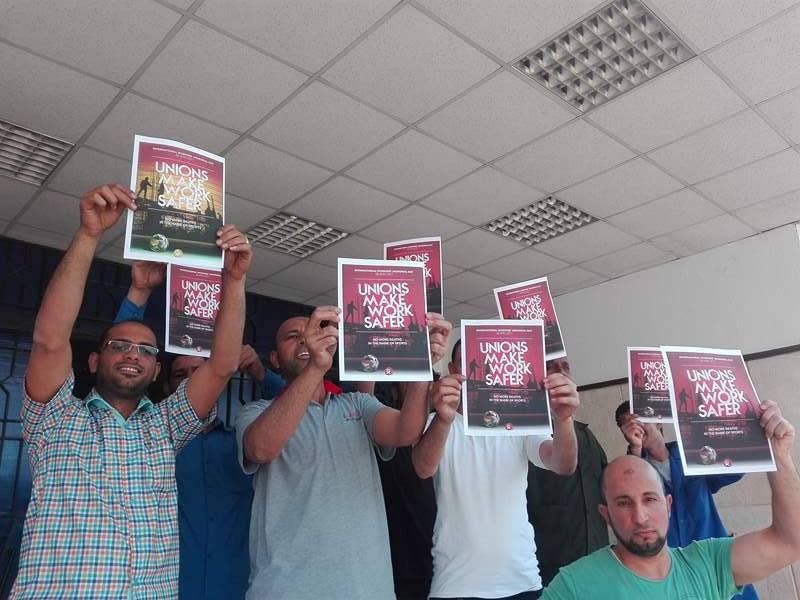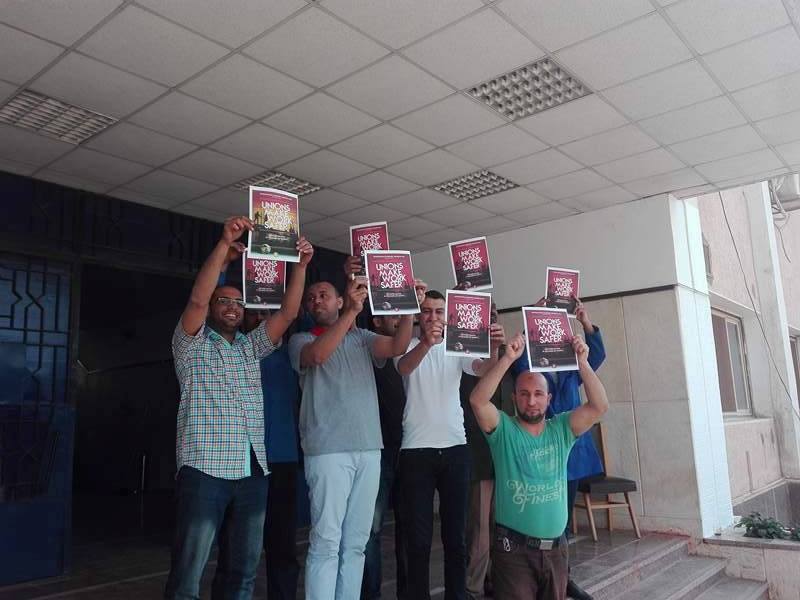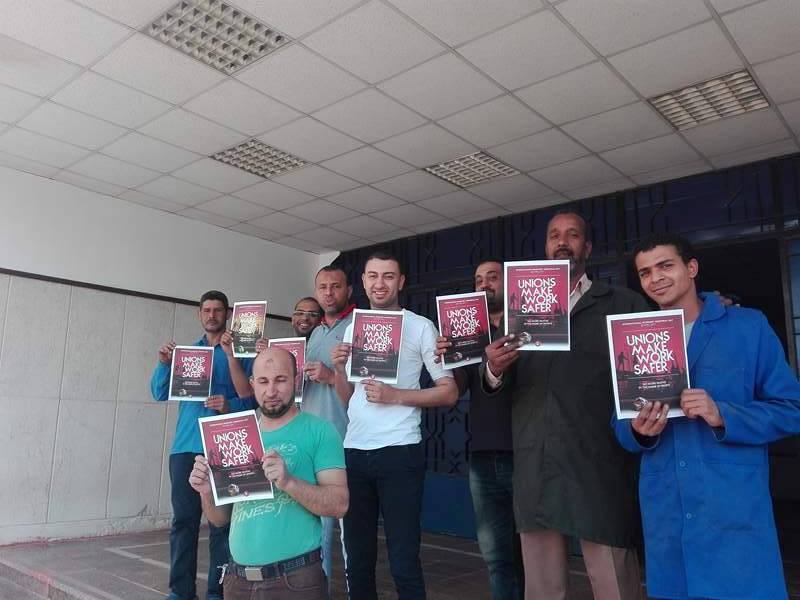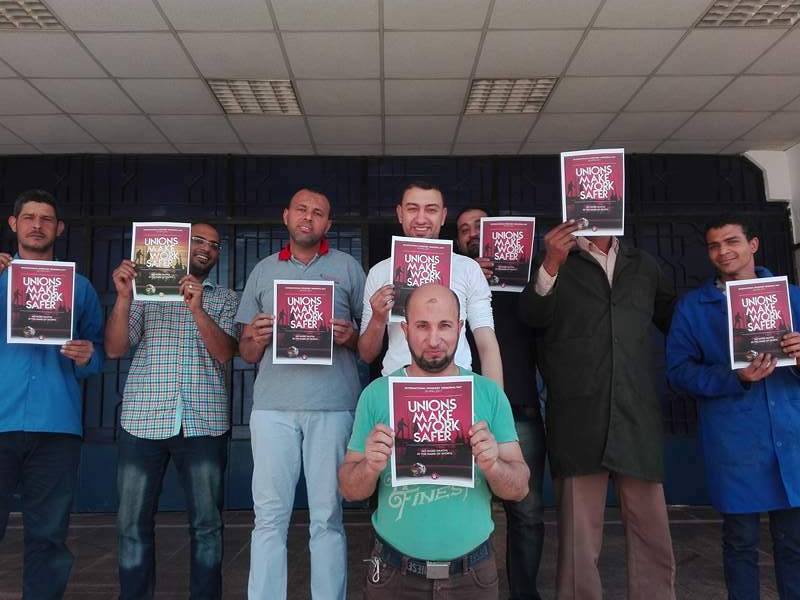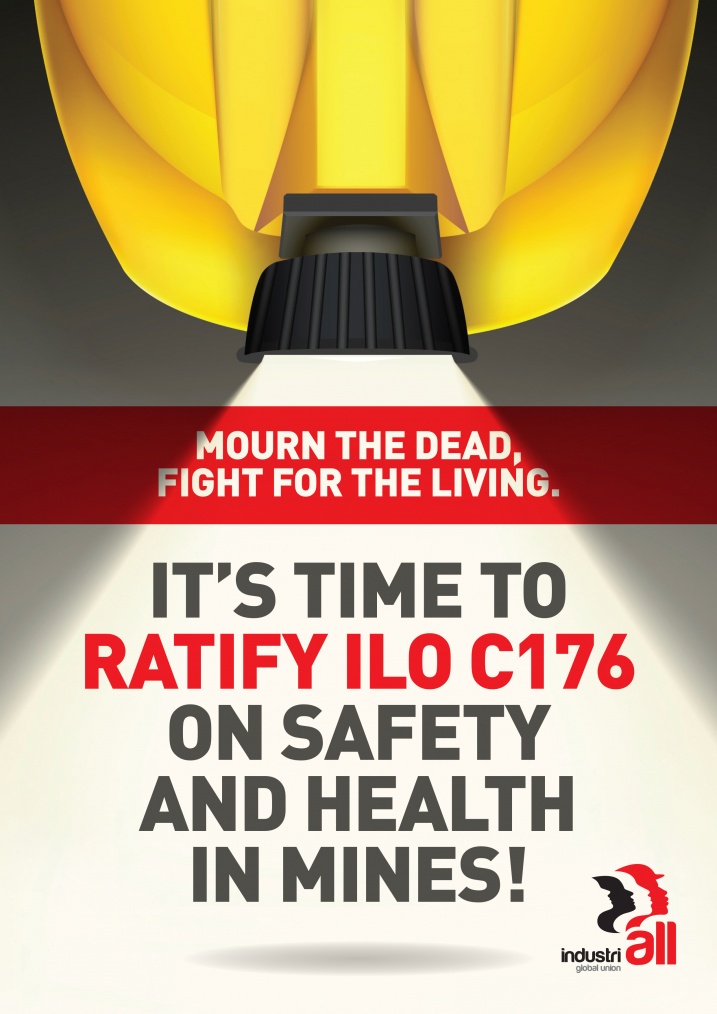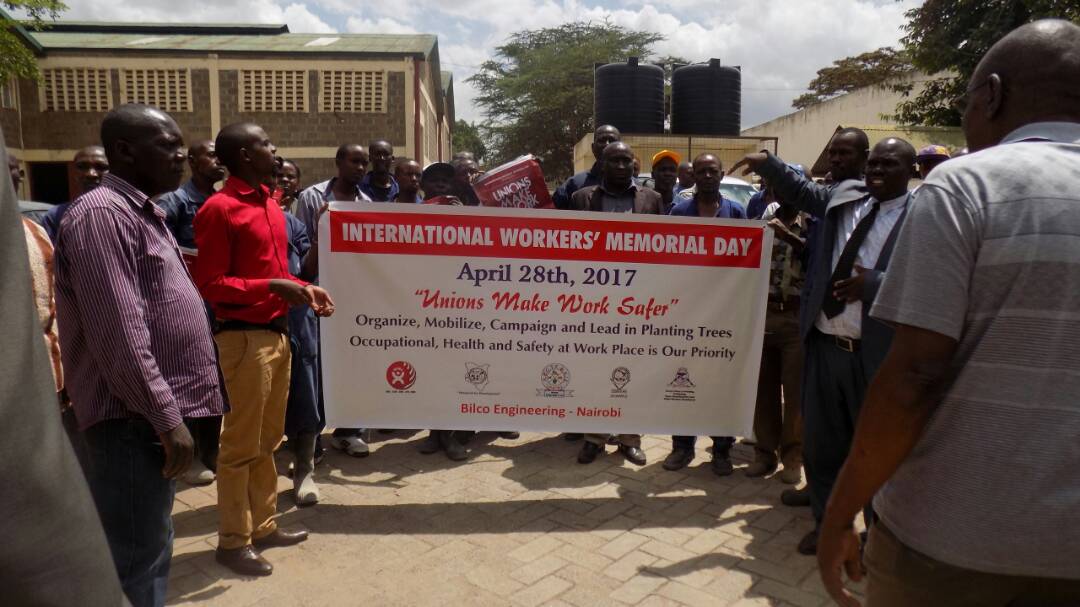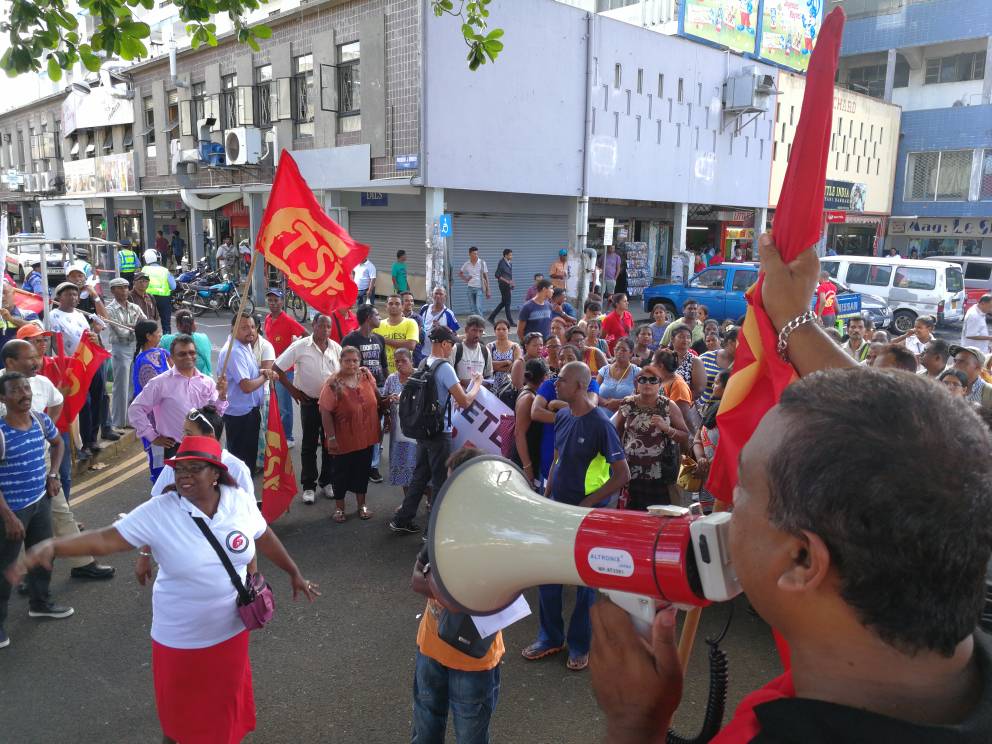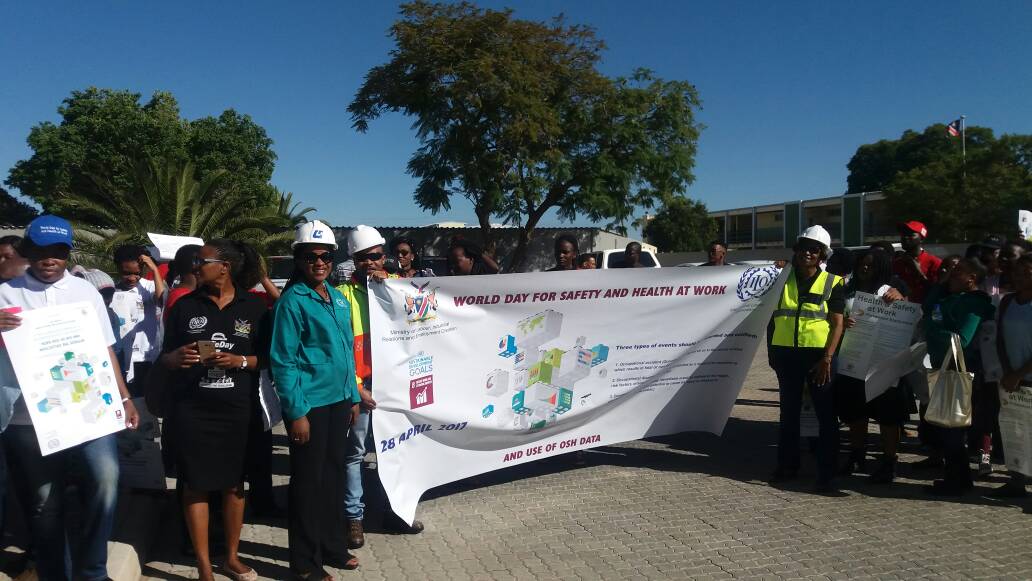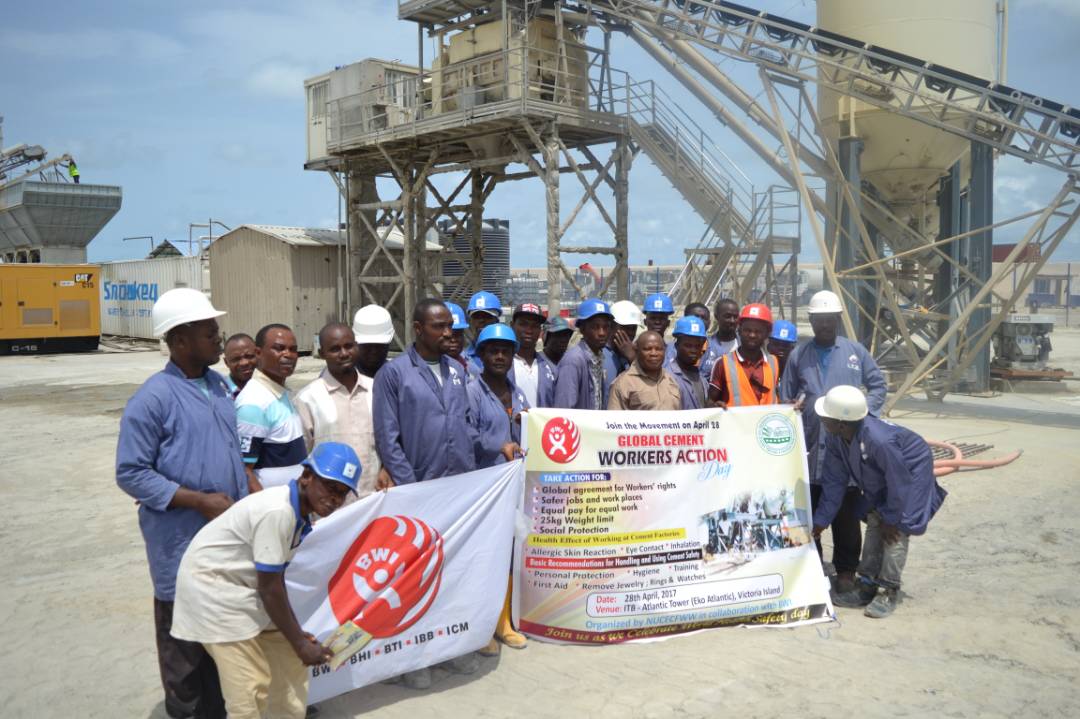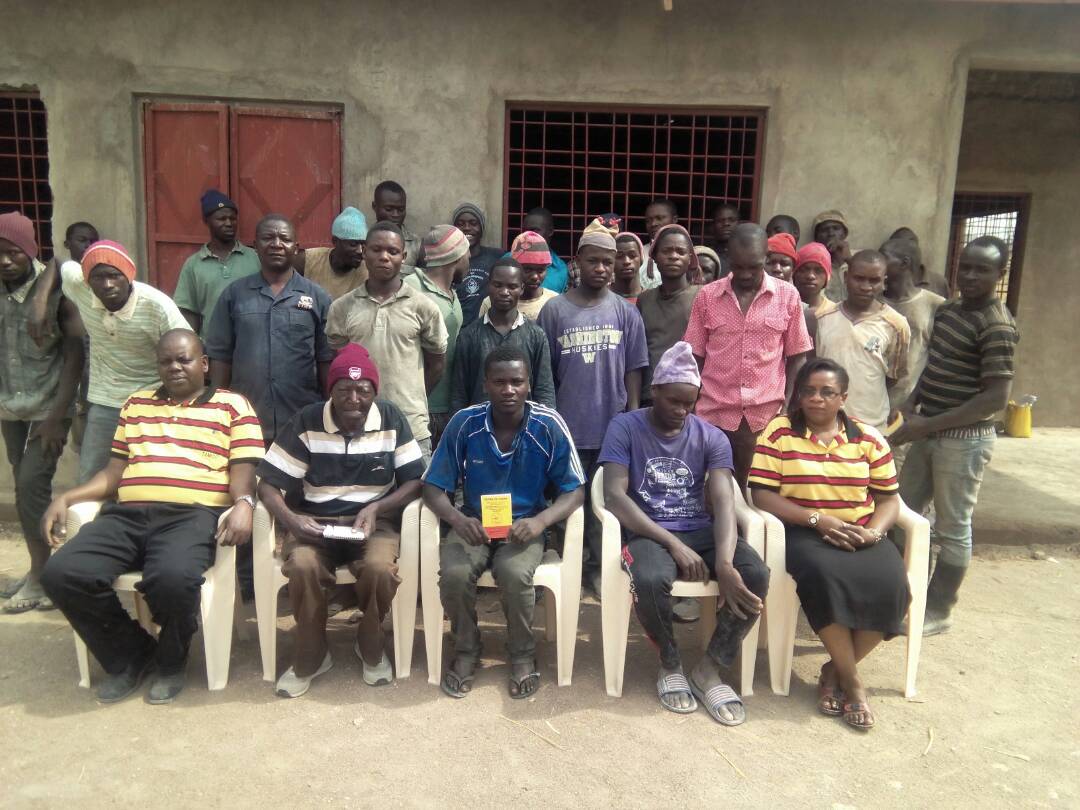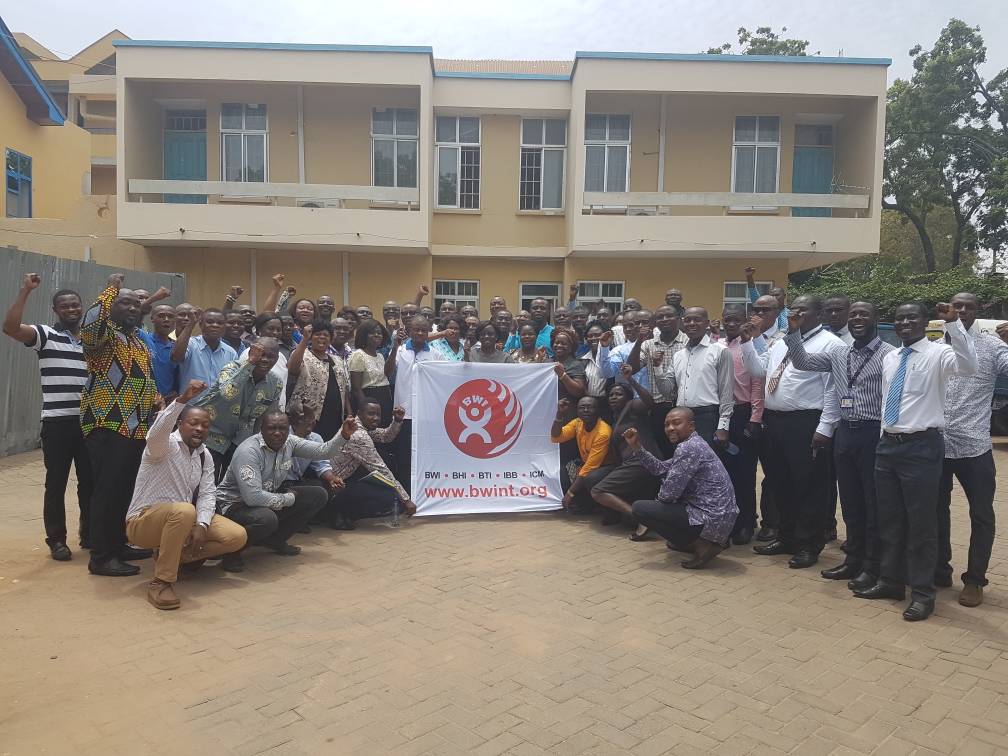(Jakarta, 28 April 2017). Asbestos has been used in Indonesia since 1950. To date, Indonesia ranks 5th of the big asbestos consumer countries in the world with total consumption until 2015 reaches 119,405 ton and the 3rd largest country that imports asbestos with total import from 2007 to 2015 reachs 1.043.882 ton. Statistic Indonesia recorded that about 6.06 million households in Indonesia (9.25%) use asbestos roofing.
Asbestos is a commercial name for asbestos mineral fibres which are commonly used as roofing, brake pad, gasket, insulator and many other products. WHO estimates about 107,000 people die every year because of asbestos related diseases. There are at least 55 countries in the world that have banned asbestos.
“All forms of asbestos are very dangerous. They are carcinogenic. They cause cancer”, said Professor Nico van Zandwijk in a Youtube video uploaded by Local Initiative for OHS Network Indonesia (Local Initiative), an organization that initiated INABAN in 2010.
It was in 2008, a number of concerned organizations in Indonesia started campaigning the dangerous of asbestos and asbestos related diseases. These organizations found Indonesia Ban Asbestos Network (INABAN) as a protesting statement to the act of ommision of state on the use of asbestos in Indonesia.
“The finding of 10 asbestos related diseases cases in 2016 is just the tip of iceberg of the asbestos problem in Indonesia. There will be more cases if a comprehensive surveiance on asbestos related diseases conducted,” stated Darisman, the coordinator of INABAN.
In 2017, Indonesia finally recognized for the first time a medical diagnosis of asbestos related disease case on a worker who work at a company that use asbestos. This information was reported by doctor Anna Suraya, an activist of INABAN after receiving information on Friday, 21 April 2017 that BPJS Employee approved the claim of asbestos related diseases case found by INABAN.
“This is the first case of occupation diseases related to asbestos in Indonesia that being reported to the Government. The approval of BPJS Employee to give compensation is a formal recognition on asbestos victim in Indonesia,” dokter Anna explained.
The case that was approved by BPJS Employee is one of 10 asbestos related diseases cases found by INABAN in 2016. These cases was found after workers and former workers from asbestos products company participated in a voluntary medical examination.
“10 out 20 people who participated in the medical examination were diagnosed with asbestos related diseases. INABAN then communicated with the management of the company where the worker work and it welcomed INABAN to carryout a followup and prevention program. The management then reported the case to the Manpower office as an occupational diseases case,” added doctor Ade who deal with the case.
She added, after the Manpower office approved it as occupational disease case, the case then was submitted to the BPJS Employee.
Executive Director Local Initiative, Wiranta Ginting explained that Indonesia actually has a number of regulation that limit the use of asbestos in Indonesia. But in daily practice, these regulations just only word on papers.
“Asbestos is categorized as A1 material in Indonesia. It means it is considered as a hazzardous and toxic material. However, in daily lives, this categorization does not mean anything. Asbestos is everywhere but there is only few people who know asbestos is dangers,” he said.
At the international level, for years , a group of organizations advocates the listing of asbestos chrysotile on to the Annex III of Rotterdam Convention. The listing on the Annex III of the convention would give a certainty to all State Parties of the Convention to access relevant, reliable and scientific information on asbestos dangers. This year, an attempt to listing chryotile is launched again at the Convention meeting that will be held from 24 April to 5 May 2017.
“Indonesia now starts to pay attention on asbestos issues. It can be seen from the statement of the Government represented by the Ministry of Environtment and Forestry. They support the initiative of the international community for listing asbestos as hazardous material on the Convention,” explained Sonia from BaliFokus, a member of INABAN.
Indonesia is one of the countries that ratified the Rotterdam Convention. This year, Indonesia will send its delegation to the meeting of Basel, Rotterdam and Stockhold Convention.
The awareness of the Government on asbestos dangerous has been increased for the last few years since many countries that ban asbestos published many publications.
“Chrysotile is used as a material for textile, face powder, roofing, brake pad. These products contain it. At the preparation meeting of the COP, we have met with sectors and agreed to the listing of chrysotile onto Annex III,” stated Yun Insiani the Director of Hazardous Materials Management Departement of the Ministry of Environtment and Forestry on a discussion with INABAN regarding Rotterdam Convention.
***
https://www.facebook.com/BanAsbestosIndonesia/?hc_ref=PAGES_TIMELINE&fref=nf
